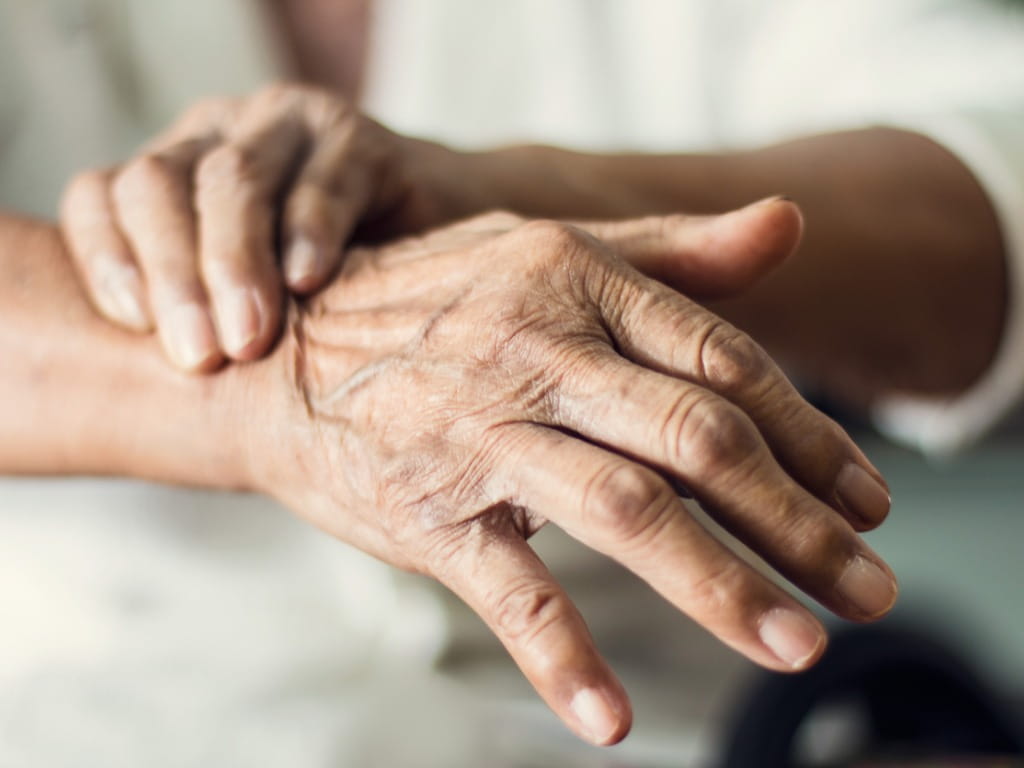Neurontin (Gabapentin): Side Effects, Interactions, and Overdose

The Bottom Line
Neurontin (gabapentin) is a medication that is used for several different conditions such as nerve pain, epilepsy, and many others. While overdoses with gabapentin are rare, it is important to know the symptoms of an overdose and the risk factors that increase the likelihood of an overdose. To avoid an overdose, take gabapentin as directed.

What is gabapentin used for?
Gabapentin is used for many different conditions both as a primary treatment and as an add-on medication. Gabapentin is sold under different brand names including Neurontin®, Gralise®, and Horizant®. The most common conditions gabapentin is used for are nerve pain, fibromyalgia, epilepsy, restless leg syndrome, and postoperative pain. It is also used to treat depression, post-traumatic stress disorder, alcohol dependence, insomnia, hot flashes, and certain forms of anxiety.
What are the side effects of gabapentin?
The most common side effects of gabapentin are dizziness, sleepiness, impaired coordination or movement, swelling of the arms or legs, nausea, and vomiting. These side effects may go away after consistently taking gabapentin for several days to a few weeks. If the side effects are unbearable or are impairing normal everyday activities call your pharmacist or physician to discuss the possibility of stopping the medication.
Is gabapentin addictive?
Gabapentin is infrequently associated with addiction, especially in those who do not have a history of substance use disorder. However, gabapentin does have potential for misuse or abuse. In those with a history of a substance use disorder, gabapentin can still be used safely, using drug therapy monitoring and other safeguards.
Is it safe to take gabapentin and drink alcohol?
Gabapentin should not be taken when drinking alcohol, as ingesting both can increase the sedative effects of the medication. Some animal studies suggest that gabapentin may also interact with other substances, including losartan and caffeine. Other medications that interact with gabapentin include morphine, sevelamer, naproxen, and phenytoin.
What are gabapentin withdrawal symptoms?
The most common symptoms of gabapentin withdrawal are agitation, excessive sweating, stomach upset, tremor, fast heartbeat, high blood pressure, and insomnia. Withdrawal from gabapentin is more likely to occur in individuals who have a history of substance use disorder and who take daily doses of gabapentin greater than or equal to 3000 mg.
Gabapentin in pregnancy – is it safe?
Use of gabapentin during pregnancy may result in fetal harm. It is best to speak with your physician about which medications should be stopped during pregnancy and what alternatives are available and safe to take during pregnancy.
What are the symptoms of a gabapentin overdose?
Common symptoms of gabapentin overdose are drowsiness, fast heartbeat, dizziness, low blood pressure, nausea, vomiting, and impaired coordination. In severe cases, lethargy, coma, and death may occur.
What to do if someone takes too much gabapentin or takes it by accident
If someone takes too much gabapentin or takes gabapentin by accident, get guidance from Poison Control immediately. Help from Poison Control is available online at www.poison.org and by phone at 1-800-222-1222. Both options are free, confidential, and available 24 hours a day.
Neurontin® is a registered trademark of Pfizer, Inc.
GRALISE® is a registered trademark of Almatica Pharma LLC.
Horizant® is a registered trademark of Arbor Pharmaceuticals, LLC.
Damon Alvarez, BA, BSPS
Fourth-Year Student Pharmacist
Poisoned?
Call 1-800-222-1222 or
Prevention Tips
- Store medicines up, away, and out of sight of children
- Keep capsules away from humid or moist environments
- Take medication as prescribed
This Really Happened
A 62-year-old woman with a history of depression, diabetes, and high cholesterol was found deceased in a hotel room. Multiple pills and prescription pill bottles were found in the hotel room, including an empty bottle of gabapentin 300 mg capsules. A suicide note was also found nearby. An autopsy revealed the presence of gabapentin and clonazepam in her bloodstream, and gabapentin toxicity was established as her cause of death.References
Neurontin Prescribing Information. Pfizer Inc. New York, New York. Revised October 2017.
Poisoned?
Call 1-800-222-1222 or
Prevention Tips
- Store medicines up, away, and out of sight of children
- Keep capsules away from humid or moist environments
- Take medication as prescribed
